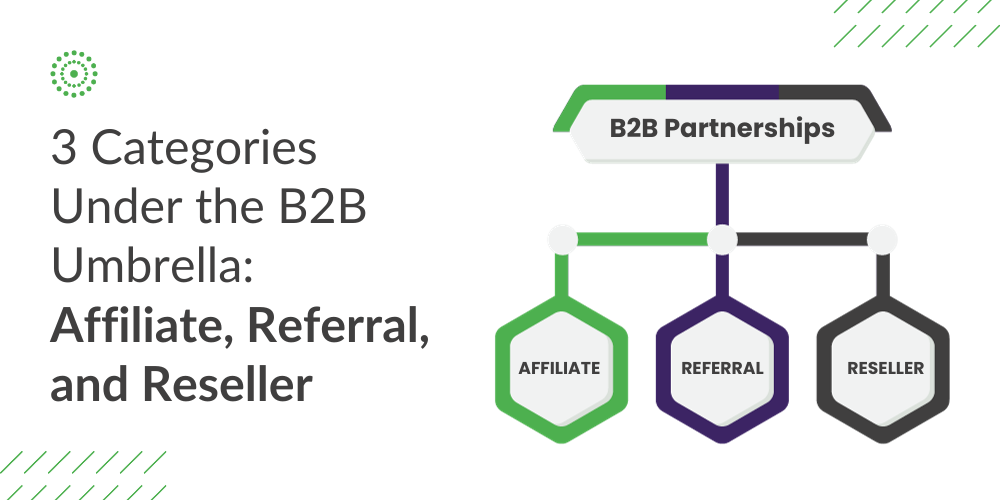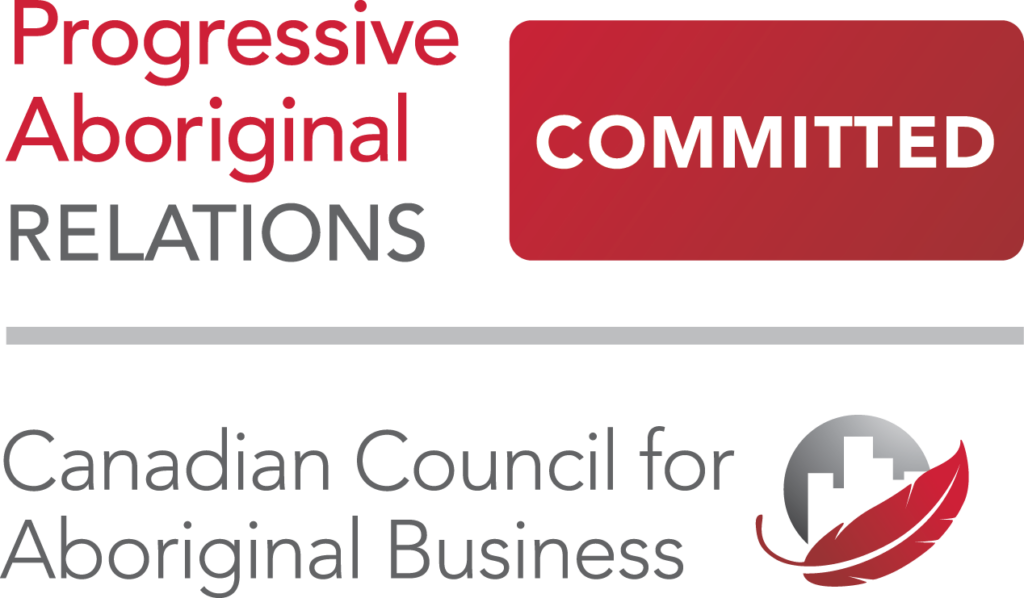In the dynamic world of affiliate marketing, the B2B landscape offers a multitude of avenues for businesses to collaborate and drive growth. Among these, three distinct categories stand out as the pillars of partnership opportunities: Affiliate, Referral, and Reseller. These programs are enabling companies to expand their reach, boost their revenue, and harness the power of partnerships.
While the main objective of these programs is the same—partnerships that help promote your brand/product/services—each program serves a distinct role and fits into a specific slot within a marketing strategy. So, how do you find out which one you need?
In this article, we will provide you with valuable insights and a comprehensive understanding of what each program offers and how they can help build your B2B marketing strategy. Whether you’re a business looking to explore other program options, or simply curious about where to start, join us as we explore these three key program opportunities.

For those just starting out with partnership programs, starting an affiliate program is one of the simplest options. With a pretty straightforward process, you can dive into a new opportunity with little up-front investment.
How does it work? You provide your partners with an affiliate link that they can distribute through their social media or other communication channels (such as a blog or email newsletters). When their audience members make purchases through these links, your partners receive a percentage of the generated revenue. Simply put, your partners provide the traffic and you only pay for conversions.
When it comes to payment, you can choose how simple or complex you want to go. Many start with a single payment structure (e.g. a percentage of a sale or action). Others incentivize with a tiered payment structure to motivate their partners.
Once you’ve decided on your payment structure, you’ll need to choose an affiliate network or tracking platform (e.g. PartnerStack) to manage your program. From there, you will need to provide basic assets and resources for your partners to be successful, and then you’re good to begin.

A little different, a referral program is great for a business that already has a loyal following that actively supports your company. In this program, these advocates refer qualified leads to your business and receive a portion of the revenue when your sales team successfully converts them. This referral process may involve the use of referral links (similar to an affiliate program but more focused) or lead submission forms that directly send prospect information to your sales team. If your loyal customers are already sending you leads, implementing a referral program is a fantastic method to say ‘thank you’ and encourage even more referrals.
With a more thorough vetting process and more in-depth resources, referral programs require more effort than a regular affiliate program to launch. However, if you don’t already have a solid network of advocates, it might be best to start with an affiliate program. This way, you can truly cultivate partnerships and nurture a strategic relationship.

For our last opportunity here, we are still dealing with a partnership that earns a commission based on an action. However, reseller partners differ as they actively engage in selling on your company’s behalf. This means you’ll be entrusting your entire sales process to partners, relying on them to serve as your account executives (AEs). They will handle lead qualification, manage the complete sales process for your product, and help finalize deals.
When implementing a referral program, it’s crucial to have an existing and trustworthy relationship with potential partners. After all, you’ll be relying on them to represent and sell on your behalf. That’s why, typically, companies tend to establish some form of partner program before venturing into a reseller program. This ensures a foundation of trust and collaboration is already in place.
To ensure the success of your reseller partners, you must allocate substantial time toward crafting training programs, developing valuable resources, and establishing an attractive rewards system. Since your partners are representing your brand, you’ll want your partners to be equally well-prepared to sell your product as your in-house AEs. Just make sure you offer the same type of support as well.
Time to Choose
If you’ve already begun, maybe it’s just about scaling your program to now include one of these types of programs. Or, maybe your goal is to run all three. No matter where you want to go, we suggest starting with at least one type that aligns with your current strategy. As you progress, you can scale your resources, strengthen your relationships, and optimize your rewards to achieve optimal outcomes.
We hope the above has given you a good idea of what each program brings to the table, helping you make the right decision. However, if you are in need of more information and guidance, don’t hesitate to reach out to one of our experts. We’re happy to get you on the right path to partnership success, no matter the program.












